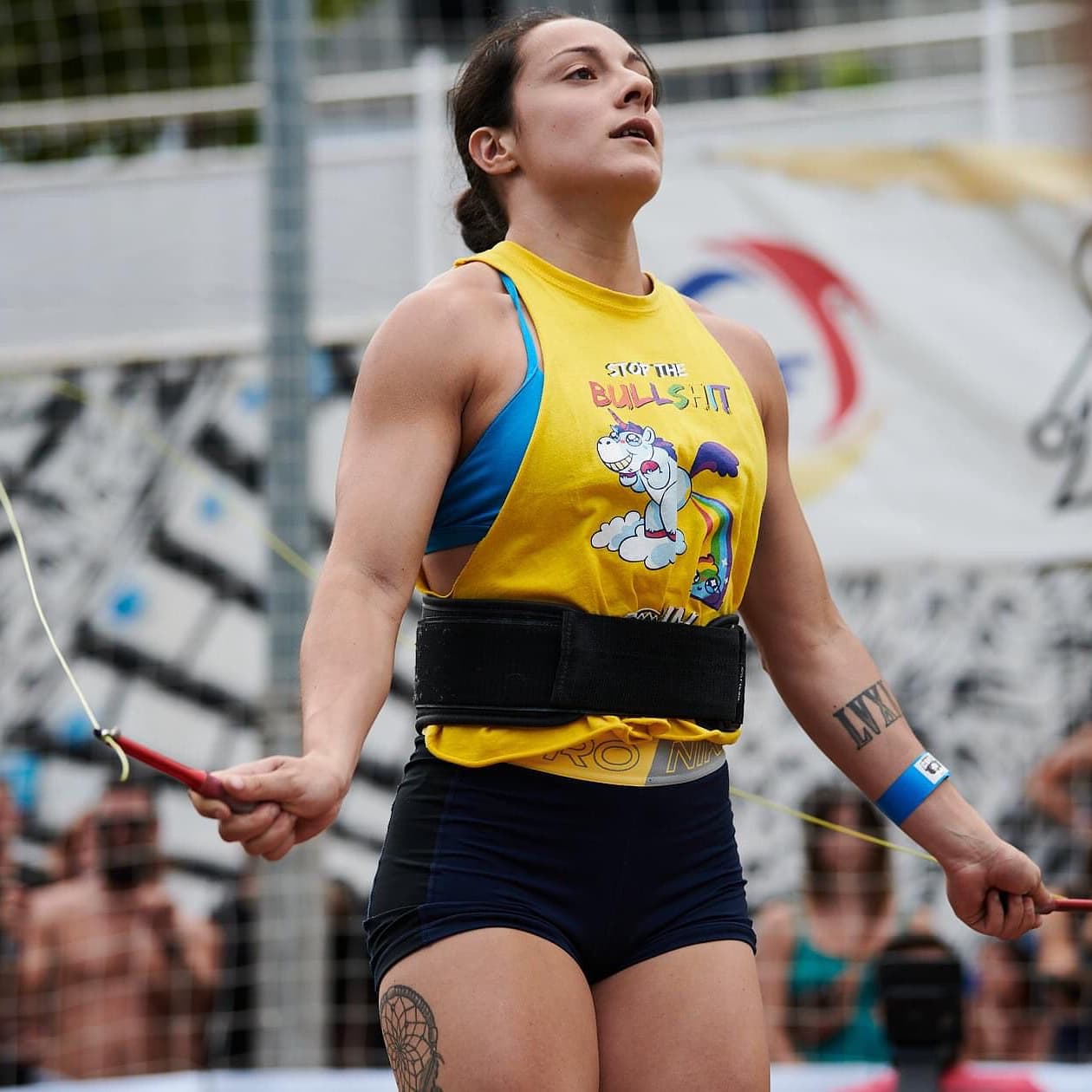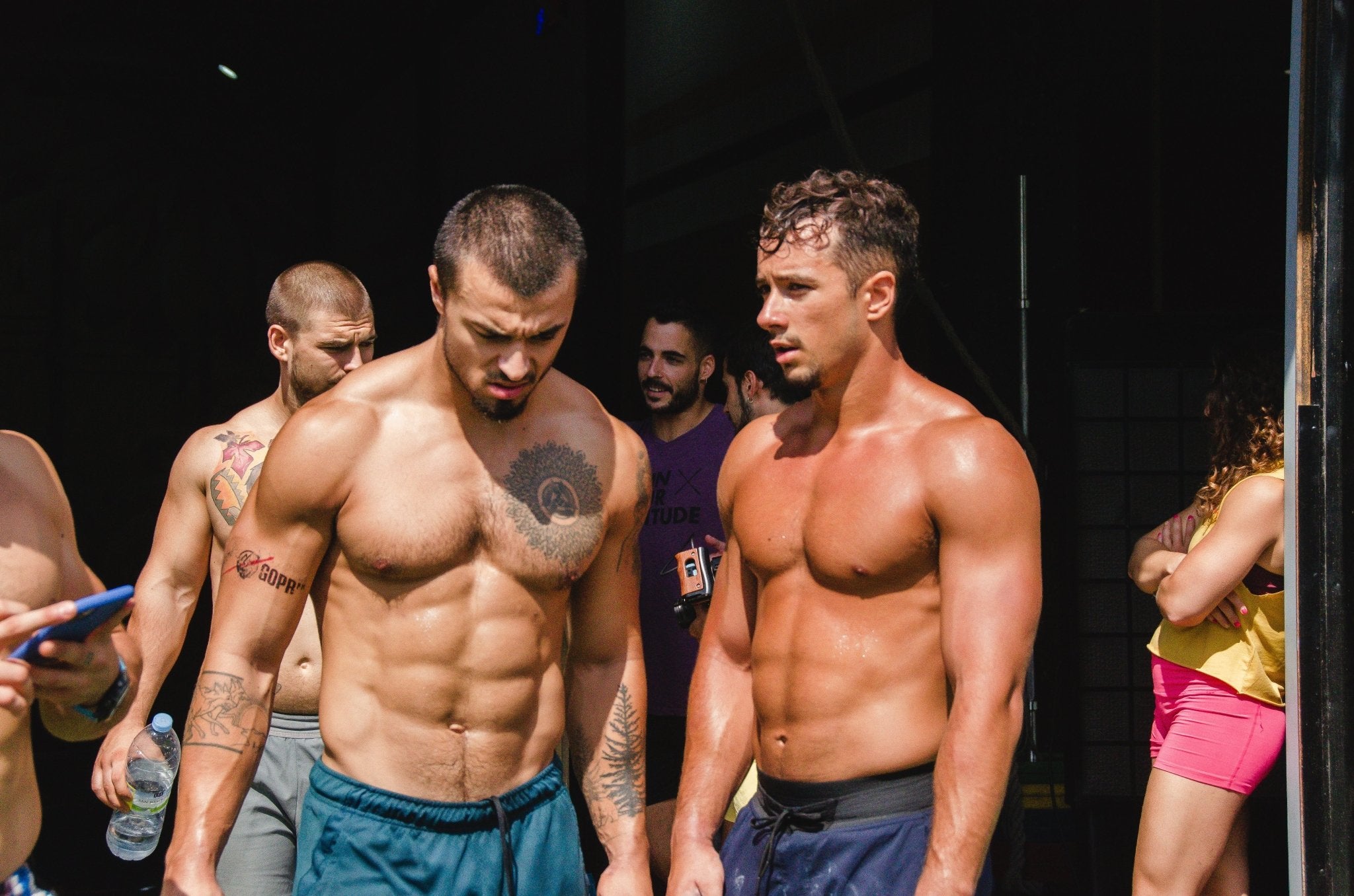
What happens to your immune system when training or competing

Training, being healthy and Longevity for athletes and regular sport passionate.
Physical activity in general will help flush bacteria out of the lungs and airways. This may reduce your chance of getting a cold, flu, or other illness. Exercise causes change in antibodies and white blood cells (WBC). WBCs are the body's immune system cells that fight disease. This means that regular physical exercise will make you more resilient, by making your immune system stronger. Being fit is not only about muscles or appearance but also how our body internally is fit to fight agains external threads. But what happens when we over train, or we push our limits too much in a 2-4h training routine or in a competition where we switch off that security bottom we all have, so we can get that PR or beat our opponent?Understanding our immune system role in competition
We all felt that feeling during training or competition where we think we are unbreakable, we feel good, we are confident that we can lift that weight, run that fast or keep pushing to get one more rep. But what normally happens after this? we feel sick, through hurts, stomach-intestines feel funny and we just want to sleep under a blanket. Why this feelin? well your immune system is weak, you underwent a process of exhaustion that your body was able to overcome for a while, but now is too tired and needs a recovery time. This is a similar feeling after getting a large tattoo, you swallow that pain for a while and at night you get fever.Your immune system is having a breakdown.
Muscle and soft tissue tears, low glucose levels, accumulated stress, general inflammation. Your body is using their resources to heal and recover. This also means that the WBC are too busy to fight against other viruses or external threats. 
Heavy and prolonged exertion is associated with increased levels of stress hormones (adrenaline and cortisol) and cytokines ( interleukins 6 and 10) which inhibit some aspects of immune function. Post competition period may provide an ‘open window’ for infection representing the most vulnerable time for athletes in terms of their susceptibility to infection.
Both heavy exercise and nutrition exert separate influences on immune function
These influences seems to be greater when exercise stress and poor nutrition are present together. Exercise training increases the body’s requirement for most nutrients and, in many cases, a simple way to restore this imbalance is by eating nutrient rich foods with a high amount of carbs to replenish glucose but specially is important to take supplements to replenish all those micronutrients(minerals and vitamins) that your body is in special demand after a stressful period of increased inflammation all around the body. Although for some athletes this may conflict with their competition routine, low appetite due to stress or just lack of time between events . Ensuring sufficient carbohydrate intake to restore glycogen stores on a daily basis will minimise the stress hormone response to training and delay the onset of symptoms associated with overreaching.Food first
Sports nutritionist and dietitians tend to practice a “food first” approach. We feel it’s important for any athlete to get a basic performance-eating plan in place, and then fill in the gaps with high quality supplements. This is for many reasons, starting with the simple fact that eating is way more fun than taking a pill! Many of the nutritional deficiencies observed in athletes can be related to an energy intake deficit in their daily diet.Nutrient density
Eating nutrient-dense foods is the best way to get vitamins and minerals(micronutrients). This means foods with many colors (fruits, vegetables), non anti inflammatory grains, nuts, seeds, and a variety of lean protein sources (including some vegetable sources of protein). What we believe works well is to tell athletes to choose nutrient dense food 80 percent of the time. That leaves 20 percent of food choices for fun.What are the main micronutrients needed in competition
Along with choosing a variety of nutrient-dense foods, some athletes should take a closer look at their micronutrient needs for a better recovery and performance, but specially for avoiding getting sick. Most important to focus on for athletes are iron, zinc, magnesium, the B vitamins, and vitamin D, as well as some antioxidants such as vitamins C and E, beta-carotene, selenium and specially electrolytes, not only for endurance athletes, but also for strength, no matter if it's winter or summer. One of the most important "vitamins" and also cheapest is Vitamin D3Vitamin D3, how valuable is for training and in competition. A closer look
 Vitamin D intake related to athletic performance is currently a hot topic and highly studied during the last years. Although technically not a vitamin, this hormone is necessary for the absorption of calcium, making it essential for bone health, among many other benefits. It also plays an important role for athletes, as it is essential for immune function and reducing inflammation. In recent years, more research has been done on the consequences of vitamin D deficiency in athletes. It has been shown that low levels of D3 are very present in 80% of athletes that underwent these studies, D3 deficiency can decrease physical performance, slow recovery and increase the incidence of stress fractures. The RDA in many countries has been increased, although most of these levels are still very suboptimal for athletes. Ideally blood analysis should be above 60ugrs . This is just the result of the many studies and clinical trials performed during the last years, where organizations like WHO called the global D3 deficiency a pandemic. We always tell our athletes you can’t out-train a poor diet. The same could be said for supplements: You can’t out-supplement a poor diet. Multivitamin and mineral supplements are intended to fortify a very strong nutritional foundation. Teaching athletes the importance of an adequate diet is the key to longevity and long-term success. teaching athletes the importance of high quality supplements is our goal and our mission is to supply the best supplements money can buy. Monik Galer Ashton Nutritionist and Health coach
Vitamin D intake related to athletic performance is currently a hot topic and highly studied during the last years. Although technically not a vitamin, this hormone is necessary for the absorption of calcium, making it essential for bone health, among many other benefits. It also plays an important role for athletes, as it is essential for immune function and reducing inflammation. In recent years, more research has been done on the consequences of vitamin D deficiency in athletes. It has been shown that low levels of D3 are very present in 80% of athletes that underwent these studies, D3 deficiency can decrease physical performance, slow recovery and increase the incidence of stress fractures. The RDA in many countries has been increased, although most of these levels are still very suboptimal for athletes. Ideally blood analysis should be above 60ugrs . This is just the result of the many studies and clinical trials performed during the last years, where organizations like WHO called the global D3 deficiency a pandemic. We always tell our athletes you can’t out-train a poor diet. The same could be said for supplements: You can’t out-supplement a poor diet. Multivitamin and mineral supplements are intended to fortify a very strong nutritional foundation. Teaching athletes the importance of an adequate diet is the key to longevity and long-term success. teaching athletes the importance of high quality supplements is our goal and our mission is to supply the best supplements money can buy. Monik Galer Ashton Nutritionist and Health coach
CrossFit® is a registered trademark of CrossFit, LLC, which is not responsible for our blog


